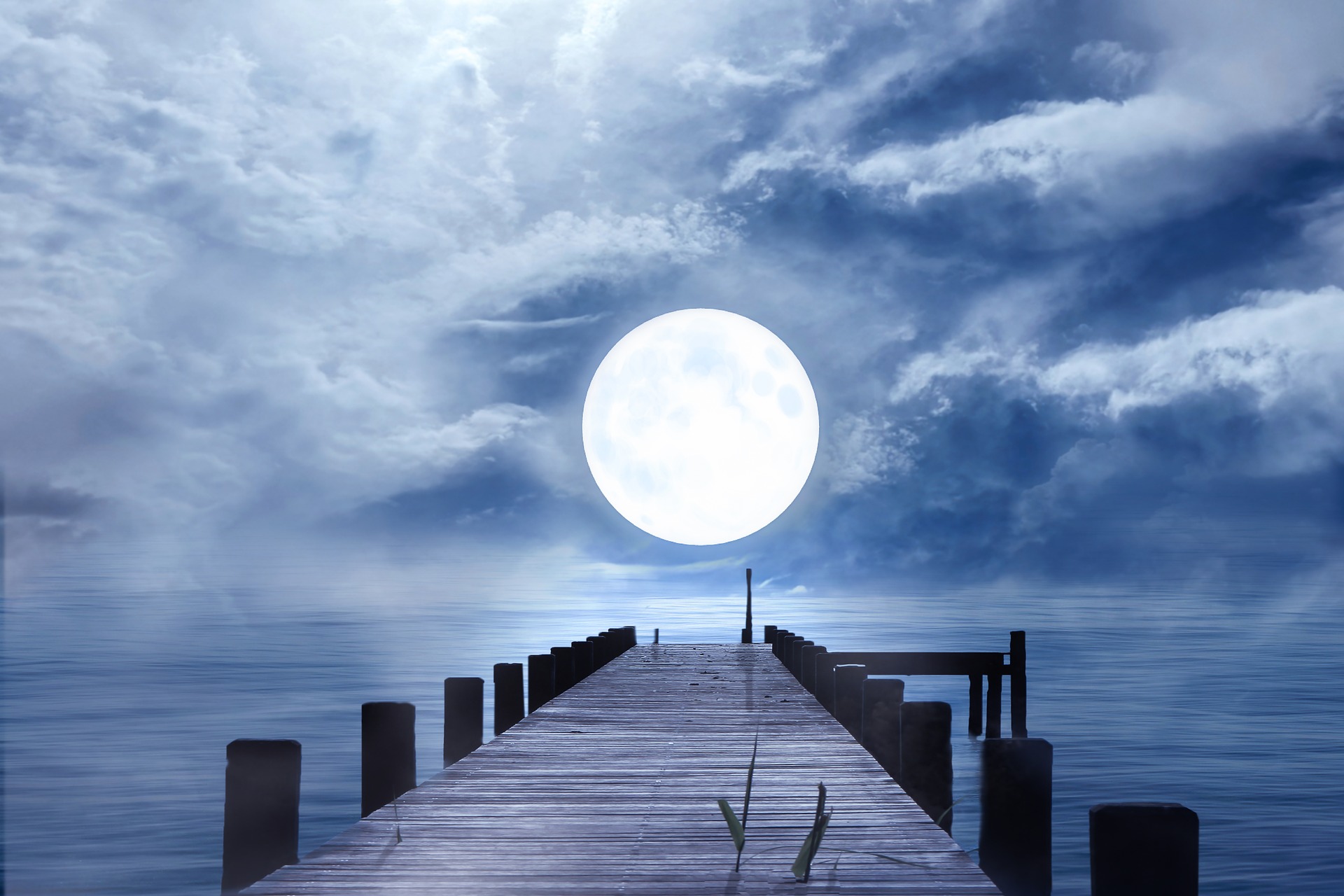n the middle of a pandemic, sleep has never been more vital-- or more elusive. Studies have actually revealed that a full night's sleep is one of the very best defenses in safeguarding your immune system. But given that the spread of COVID-19 started, individuals all over the world are going to sleep later and sleeping even worse; tales of scary and vibrant dreams have actually flooded social media. To fight insomnia, people are relying on all sorts of methods, including anti-insomnia medication, aromatherapies, electronic curfews, sleep coaches and meditation. However another unlikely sedative has actually likewise seen a spike in usage around bedtime: music. While sleep music utilized to be confined to the fringes of culture-- whether at progressive all-night concerts or New Age meditation sessions-- the field has actually sneaked into the mainstream over the past decade. Ambient artists are collaborating with music therapists; apps are producing hours of new content; sleep streams have actually surged in appeal on YouTube and Spotify.
And considering that the impacts of the coronavirus have upped the stress and anxiety of daily life, artists' streams and health app downloads have skyrocketed, forming bedtime practices that might prove lasting. At the same time, researchers are diving deeper: in September 2019, the National Institute of Health awarded $20 million to research study jobs around music treatment and neuroscience. As the field expands, professionals imagine a world in which scientifically-designed albums could be just as reliable and commonly utilized as sleeping pills. Sleep and music have actually been intertwined for centuries: a production misconception of Bach's Goldberg Variations includes a sleepless Count.

More just recently, a Western fascination with sleep music reemerged in the '60s, when experimental minimalist authors like John Cage, Terry Riley and members of the Fluxus collective started staging all-night shows. Riley was influenced by Eastern mysticism and all-night Indian symphonic music events, and intended to provoke rather than relieve: "It seemed like a great alternative to the common concert scene," he said in a 1995 interview.
Among the acolytes of this scene was Robert Rich, who, as a Stanford student in 1982, staged his very first "sleep concert" to about 15 dozers. His audience settled into their sleeping bags in a dormitory lounge while Abundant produced drones with a tape echo, a digital hold-up and a spring reverb for 9 hours. "I was captivated by the concept of using music for trance-inducing purposes," he informs TIME. "The intention was not to make music to sleep more deeply, but to boost the edges of sleep and explore one's awareness." William Basinski also approached sleep music through the lens of minimalist experimentation. At the time, Basinski was dabbling generative music and feedback loops-- music that unfolded slowly over hours. Initially, there was little interest in his work beyond his Brooklyn bubble. "I would have enjoyed if people got more what I was doing-- however it took quite a while," he says. "However it allowed me to fall in and out of time-- to get some peace, vision."
While Rich, Basinski and others pressed the bounds of convention, others entered the sleep music space for more useful reasons. The electronic musician Tom Middleton had actually developed lulling ambient music as a member of Global Interaction and and other bands in the '90s, however had never seriously thought about the connection between sleep and music till he developed sleeping disorders after years of visiting the globe and partying all night. "My sleep was quite screwed up, and it was impacting all parts of my life," he said. "I wished to train as a sleep science coach to comprehend it better and to see if I could hack my own sleep. When Middleton studied sleep science and started working with neuroscientists, he discovered that the advantages of music on sleep weren't just spiritual, but based on empirical proof. Research studies have found that unwinding music can have a direct result on the parasympathetic nervous system, which helps the body unwind and get ready for sleep. One trial in a Taiwan hospital found that older grownups who listened to 45 minutes of relaxing music prior to bedtime dropped off to sleep quicker, slept longer, and were less vulnerable to awakening during the night.

Barbara Have a peek at this website Else, a senior adviser with the American Music Treatment Association, has actually dealt with victims of numerous disaster circumstances, consisting of Cyclone Katrina, and seen how music can play a vital role in quelling racing ideas and developing sleep regimens. "We aren't medicine or a cure, but we help progress towards a much better sleep quality for individuals in pain or stress and anxiety," she states. "We can see respiration rate and pulse settle. We can see blood pressure lower."